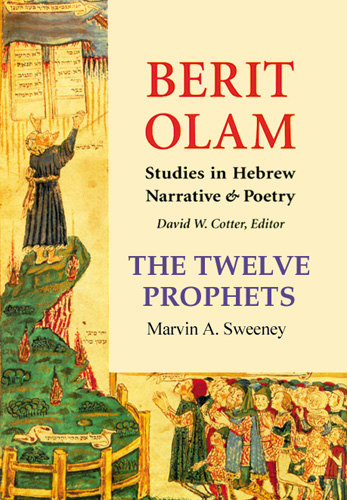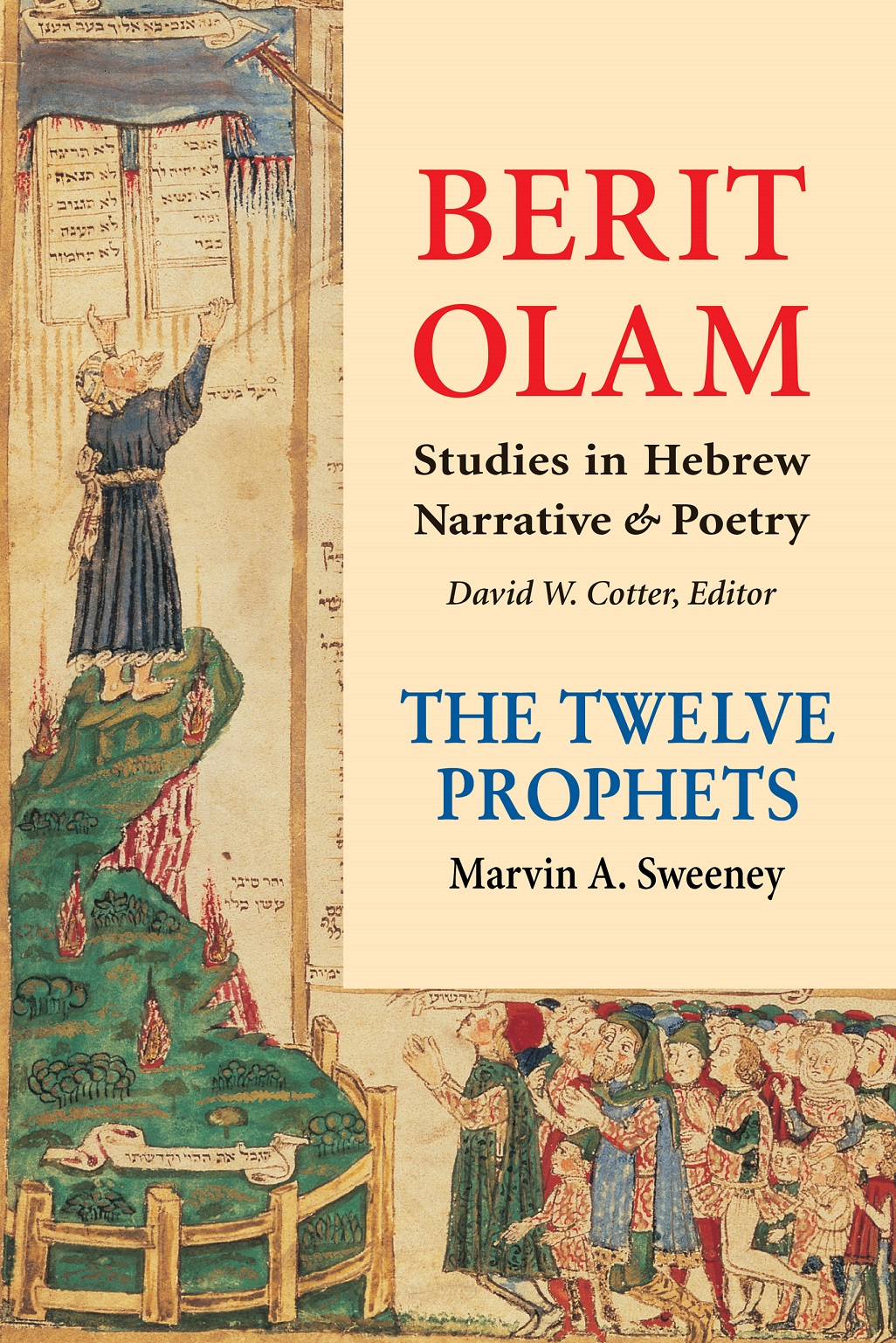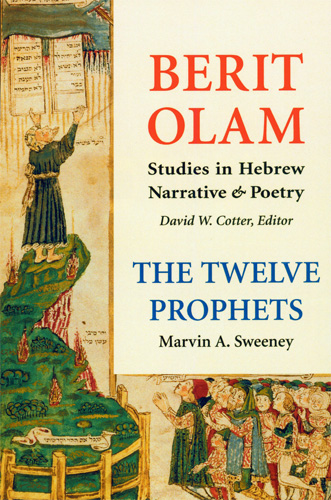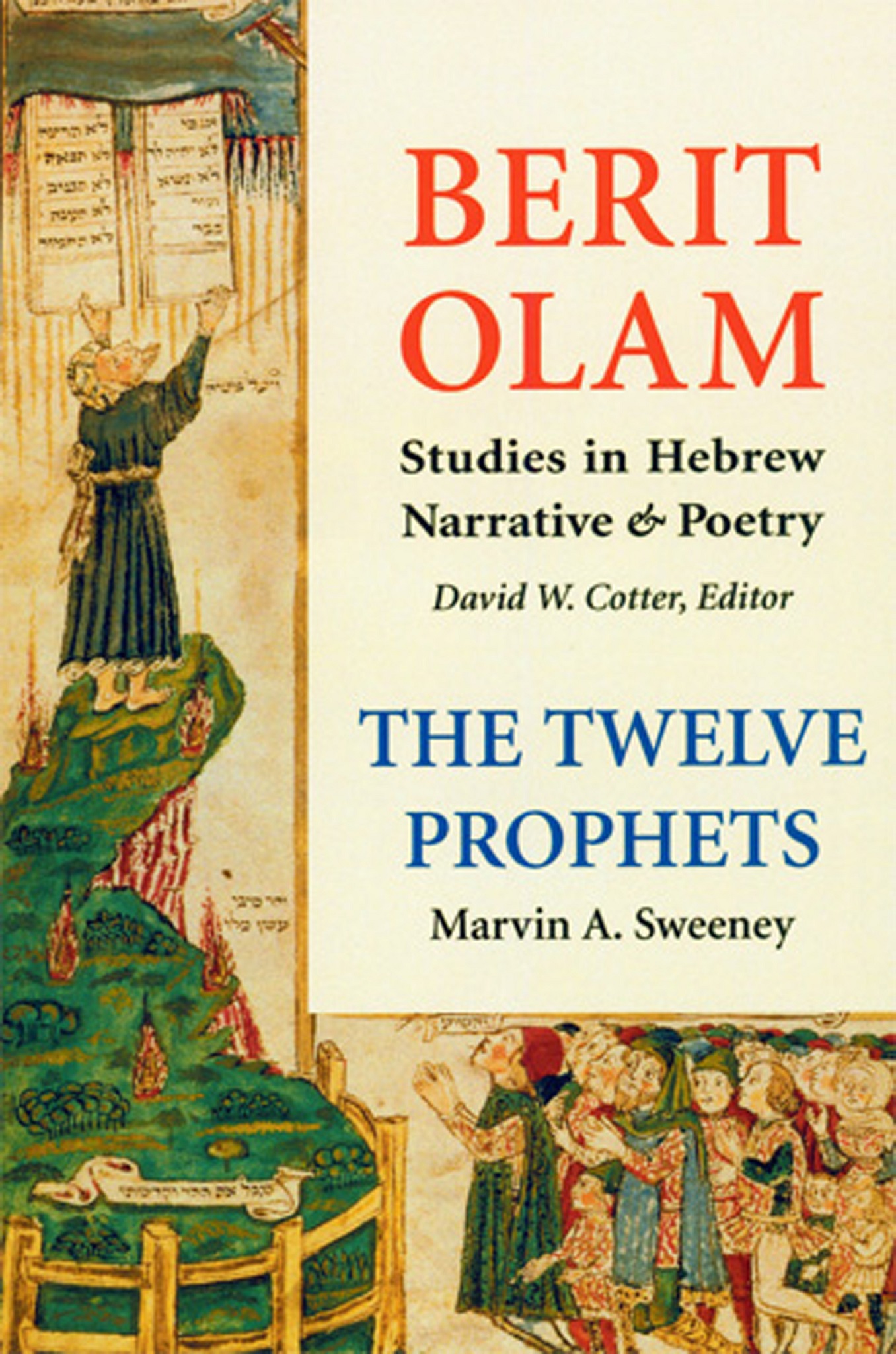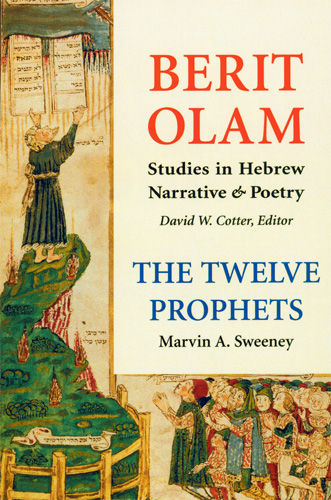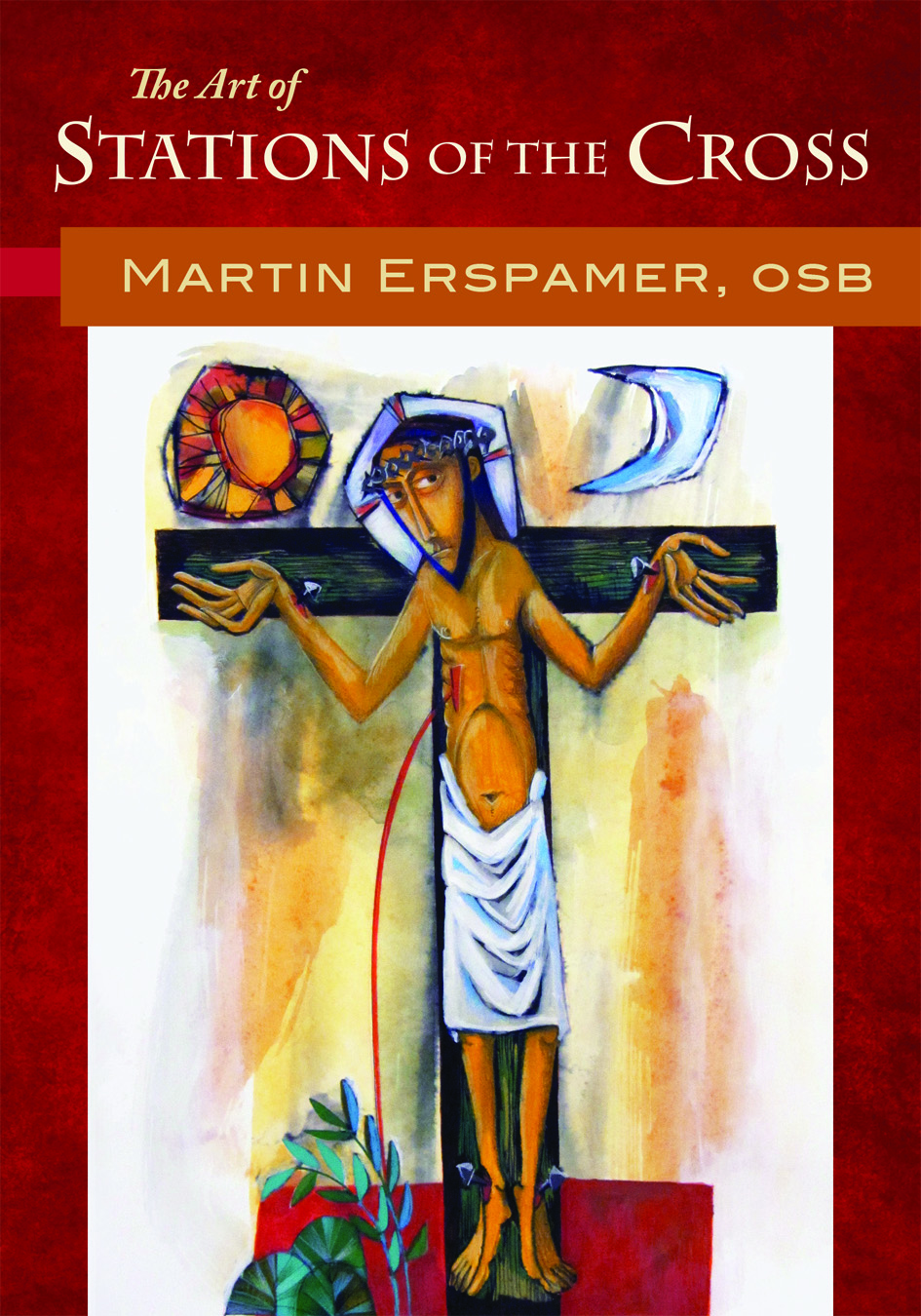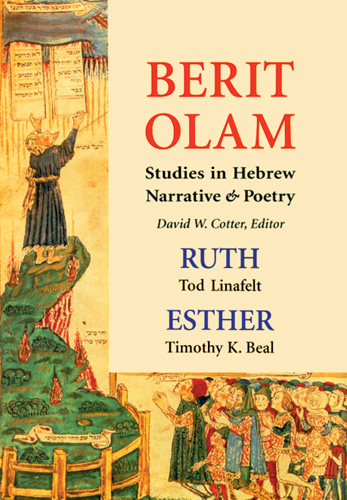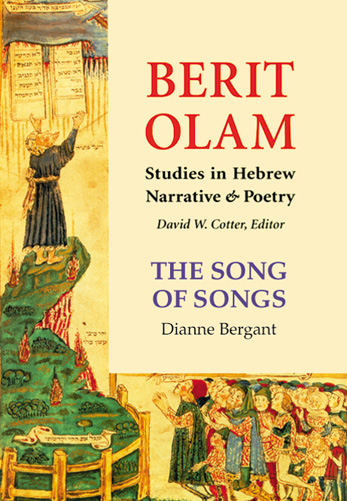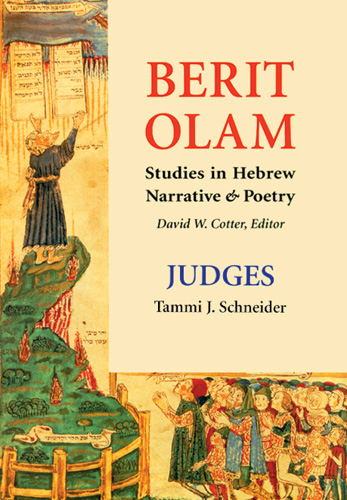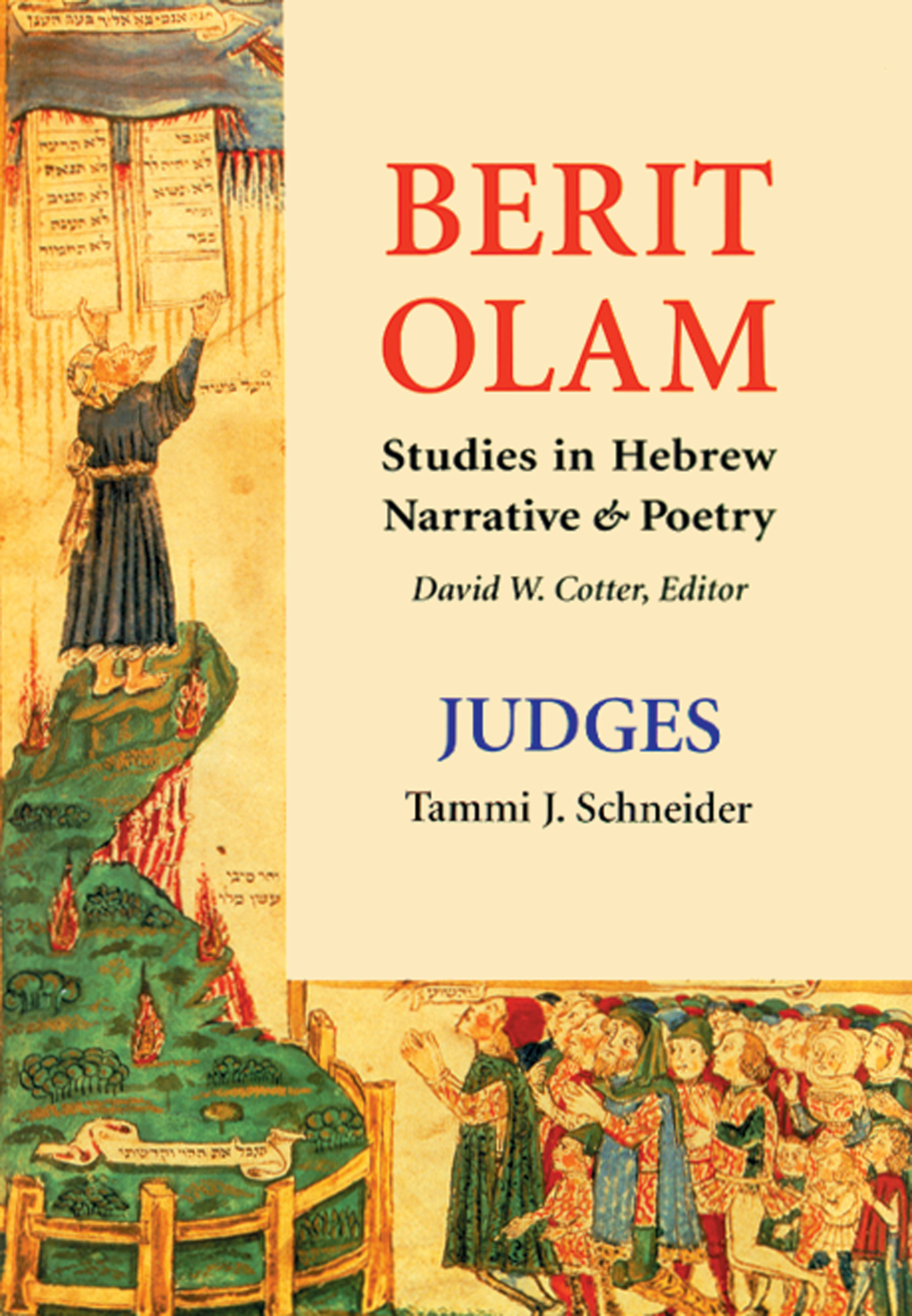1 Samuel is a national autobiography of the Hebrew people. David Jobling reads 1 Samuel as a story that is complete in itself, although it is part of a much larger narrative. He examines it as a historical document in a double sense: (1) as a document originating from ancient Israel and (2) as a telling of the past. Organizing the text through the three interlocking themes of class, race, and gender, Jobling asks how this historical—and canonical—story relates to a modern world in which these themes continue to be of crucial importance.
While drawing on the resources of biblical “narratology”, Jobling deviates from mainstream methodology. He adopts a “critical narratology” informed by such cultural practices as feminism and psychoanalysis. He follows a structuralist tradition which finds meaning more in the text’s large-scale mythic patterns than in close reading of particular passages, and seeks methods specific to 1 Samuel rather than ones applicable to biblical narrative in general.
David Jobling, PhD, is a professor of Old Testament language and literature at St. Andrews College in Saskatoon. He is a co-chair of the Ideological Criticism section of the Society of Biblical Literature and a member of The Bible and Culture Collective.
Hardcover

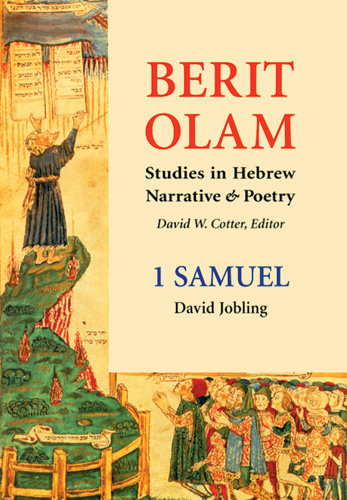
 Back
Back
